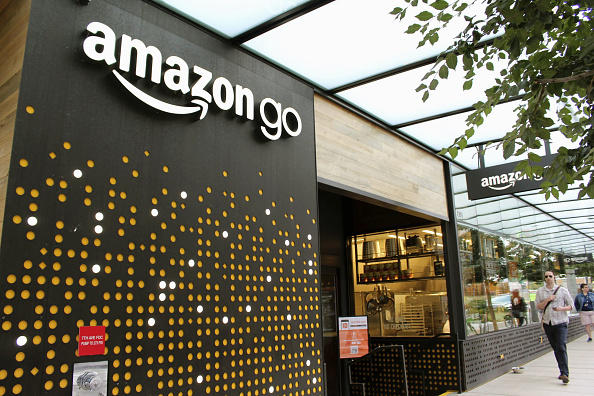Bans on cashless stores are popping up across the country as officials begin to weigh how they exclude certain groups of people from shopping at certain stores.
Now, San Francisco may be joining a host of other cities in passing similar legislation, but this time it could include Amazon Go Stores.
Last month, San Francisco’s District Five Supervisor Vallie Brown introduced a bill requiring “brick-and-mortar” businesses to accept cash. The original bill excluded Amazon Go stores because there aren’t any employees present to take cash.
However, Brown expanded the proposal to include Amazon’s stores on Tuesday. This is a bold move because Amazon isn’t the most graceful when it comes to the government trying to regulate its business practices. This was apparent when Seattle tried to propose a tax on big businesses to help the homeless.
This was also seen in Philadelphia, where a public fight between Amazon and city officials occurred after a bill was approved to ban stores from not accepting cash payments. According to the Associated Press, Amazon threatened to forgo plans to build a store in the city if the bill was passed.
Spoiler: the Philadelphia bill passed.
Amazon Go stores work by having cameras that follow people around. Ideally, you walk in, grab what you want, and a camera will register it and automatically charge your Amazon account once you leave.
The issue with cashless stores is that they’re exclusive by default. Not everyone has access to cashless payment options. In fact, studies have shown there’s a link between poverty and being unbanked.
In a memo, Brown cited the racial disparities between the unbanked and how cashless stores exclude Black and brown communities. She cited data from 2005, showing that 50 percent of African American and Latino households were unbanked.
“In this reality, not accepting cash payment is tantamount to systematically excluding segments of the population that are largely low-income people of color,” Brown said.
San Francisco’s proposal notes that although some may choose not to have a bank account, “Others may not be well situated to participate in the formal banking system, or may be excluded from that system against their will. In short, denying the ability to use cash as a payment method means excluding too many people.”
In a rush to modernize shopping, those who are already disenfranchised cannot be left behind. Amazon will probably take up a loud role in trying to lobby against the proposed bill, but it’s unclear how that will turn out.

